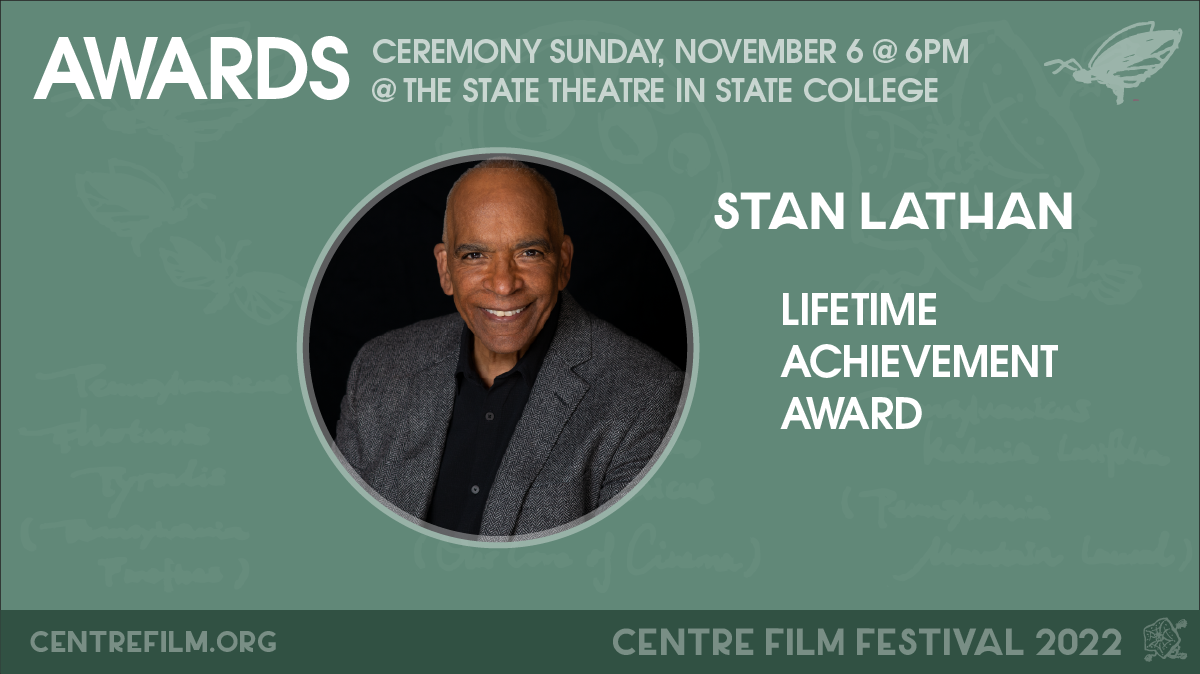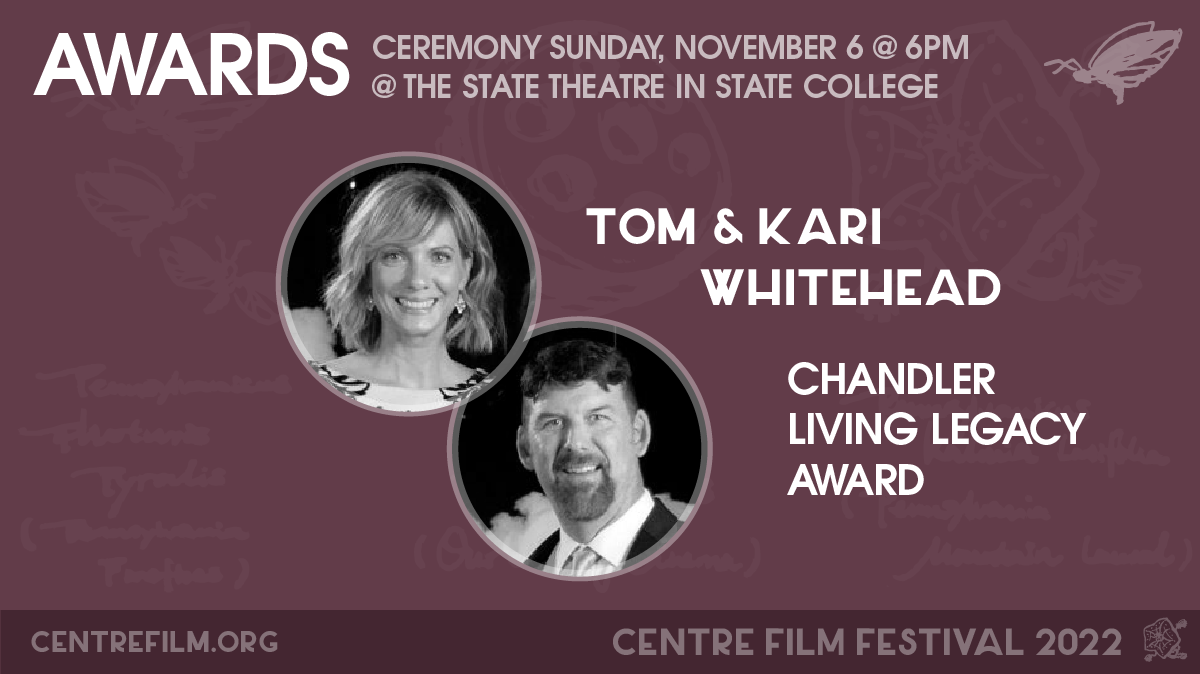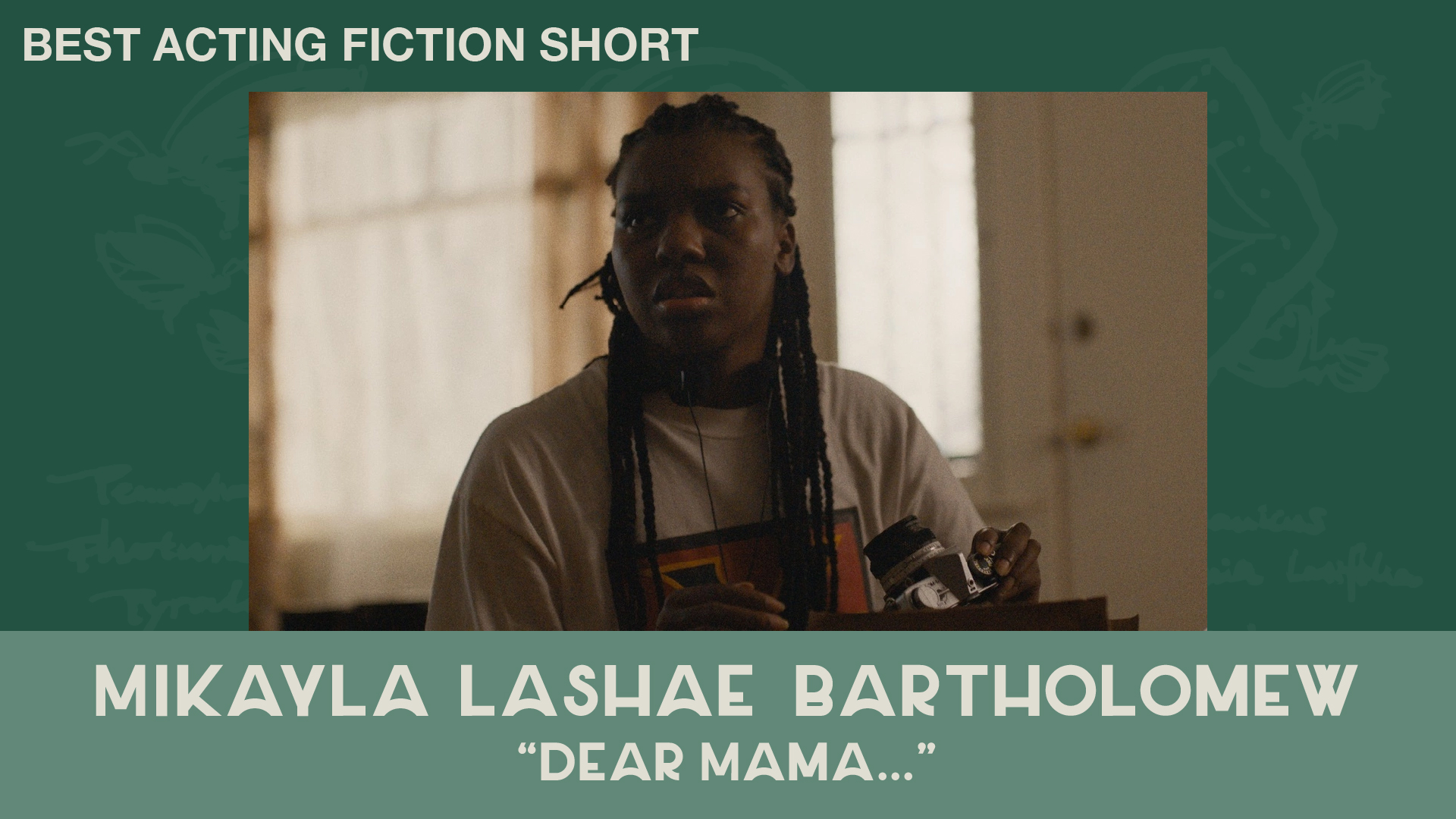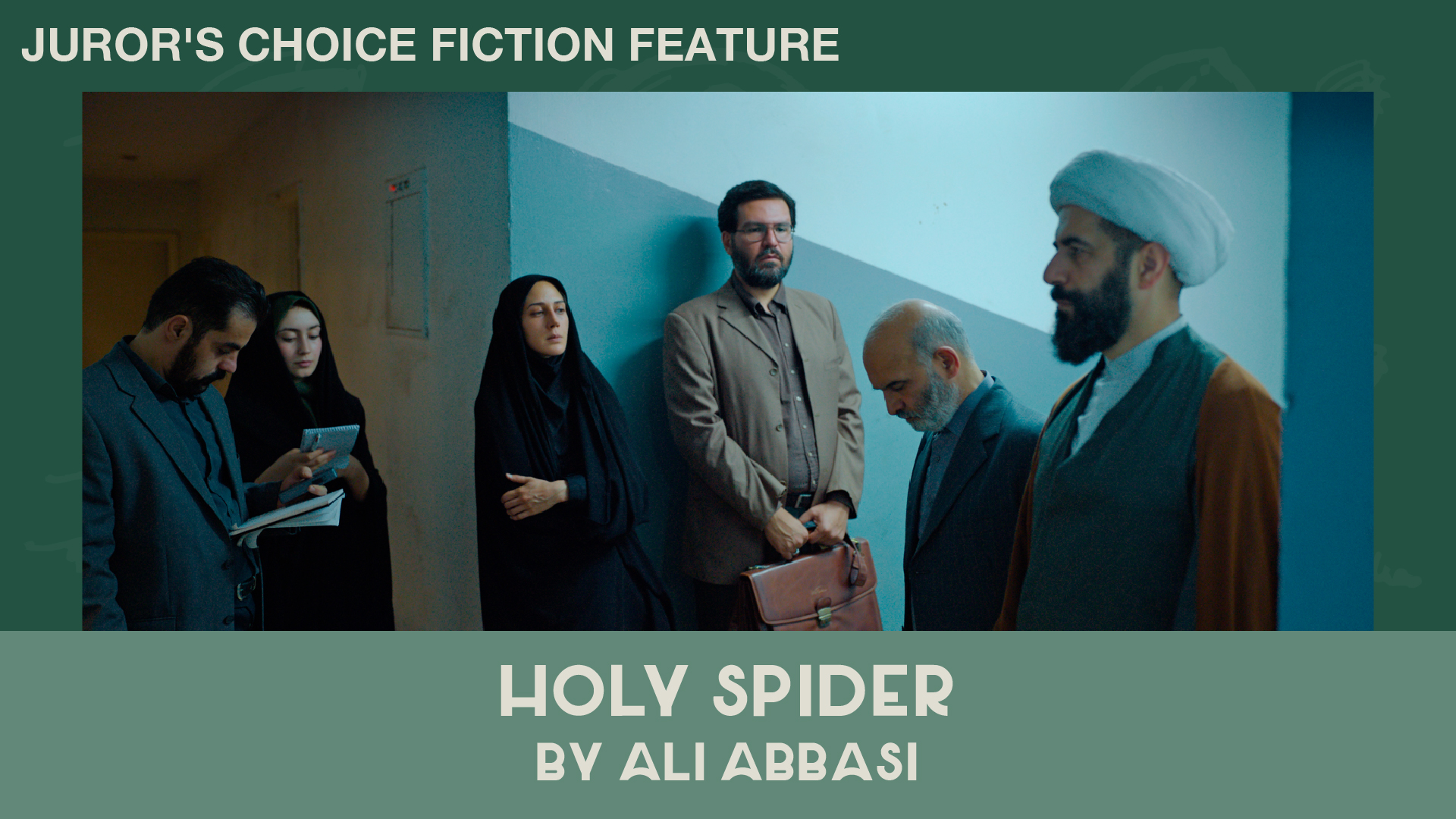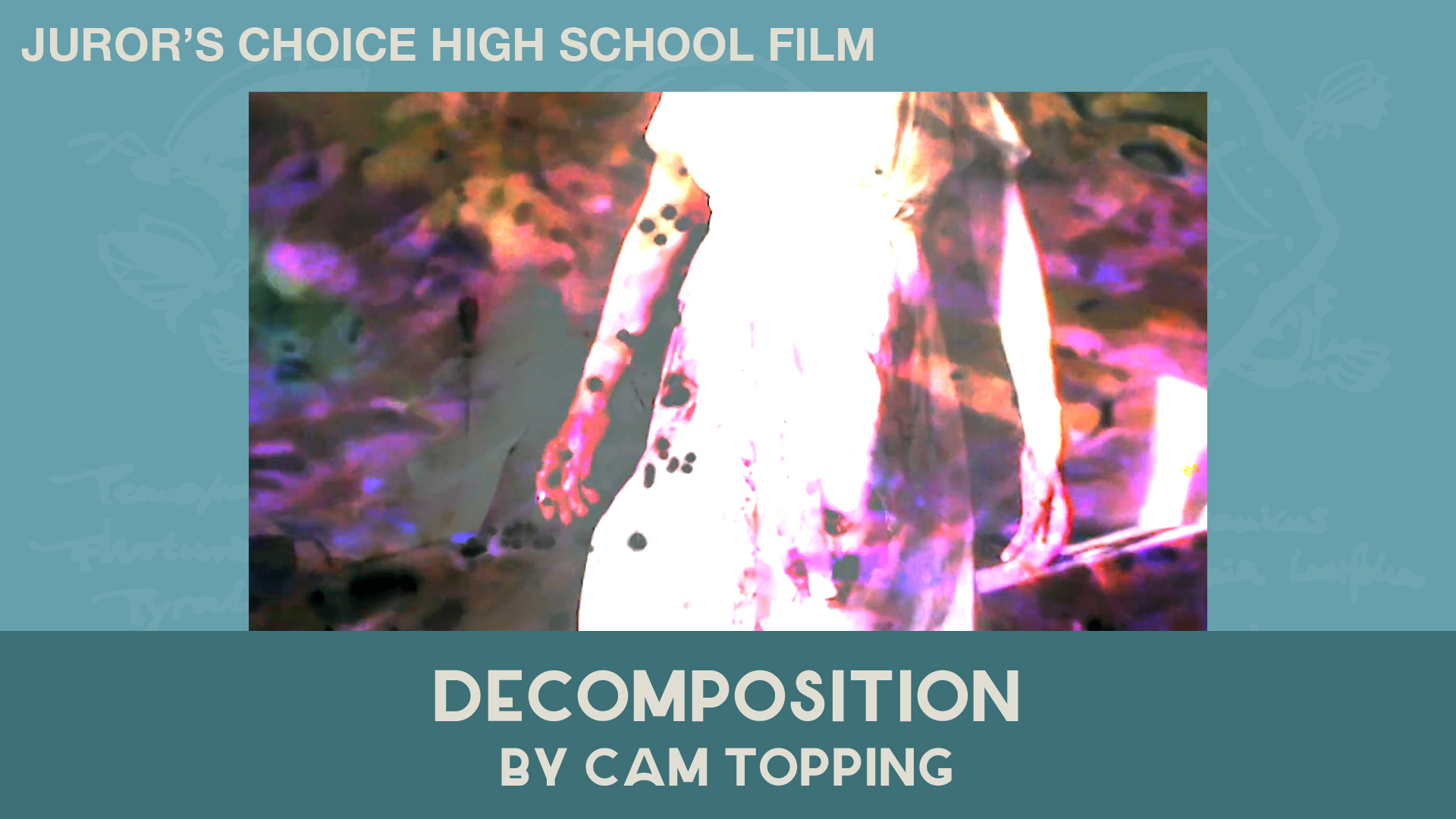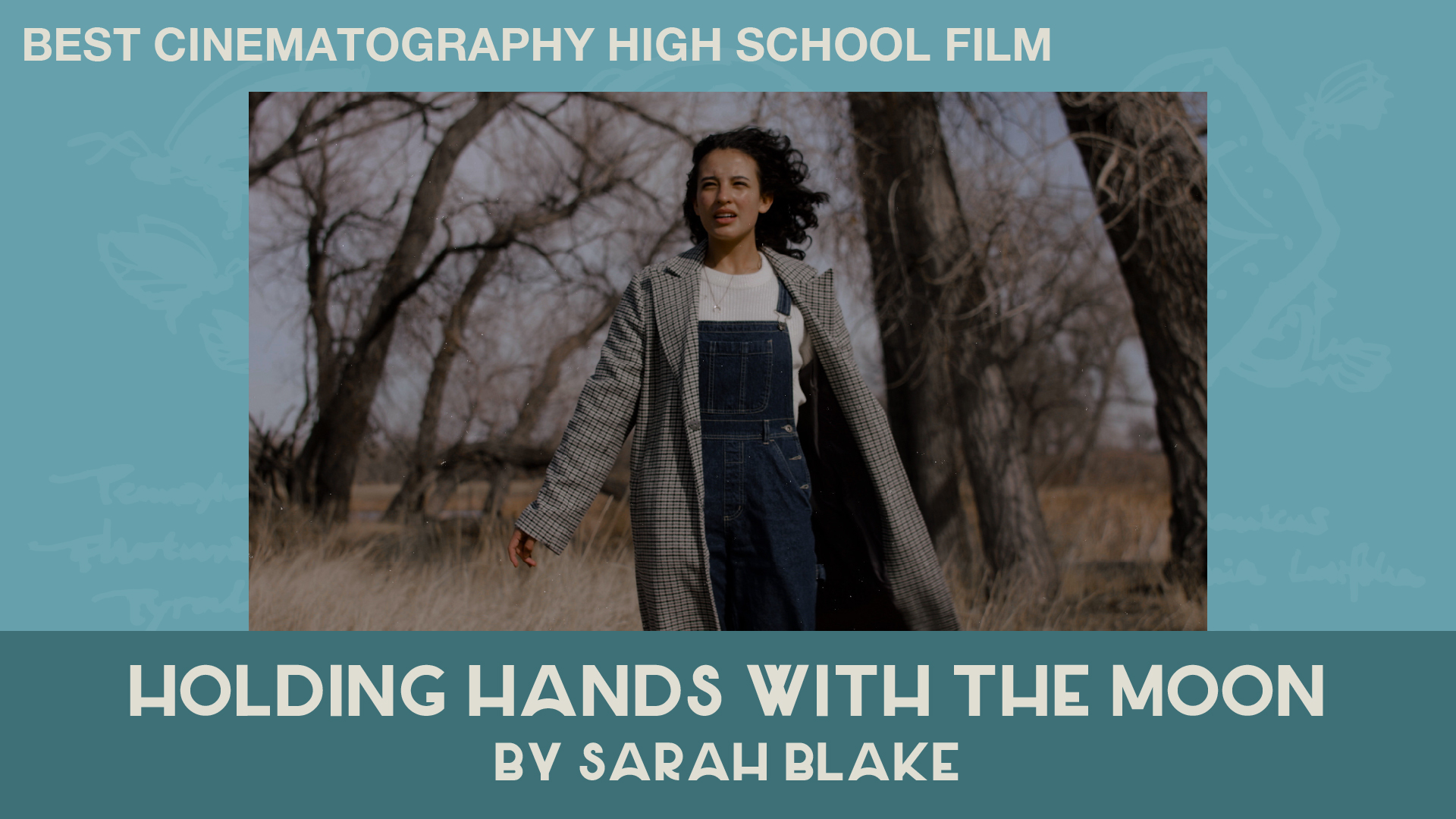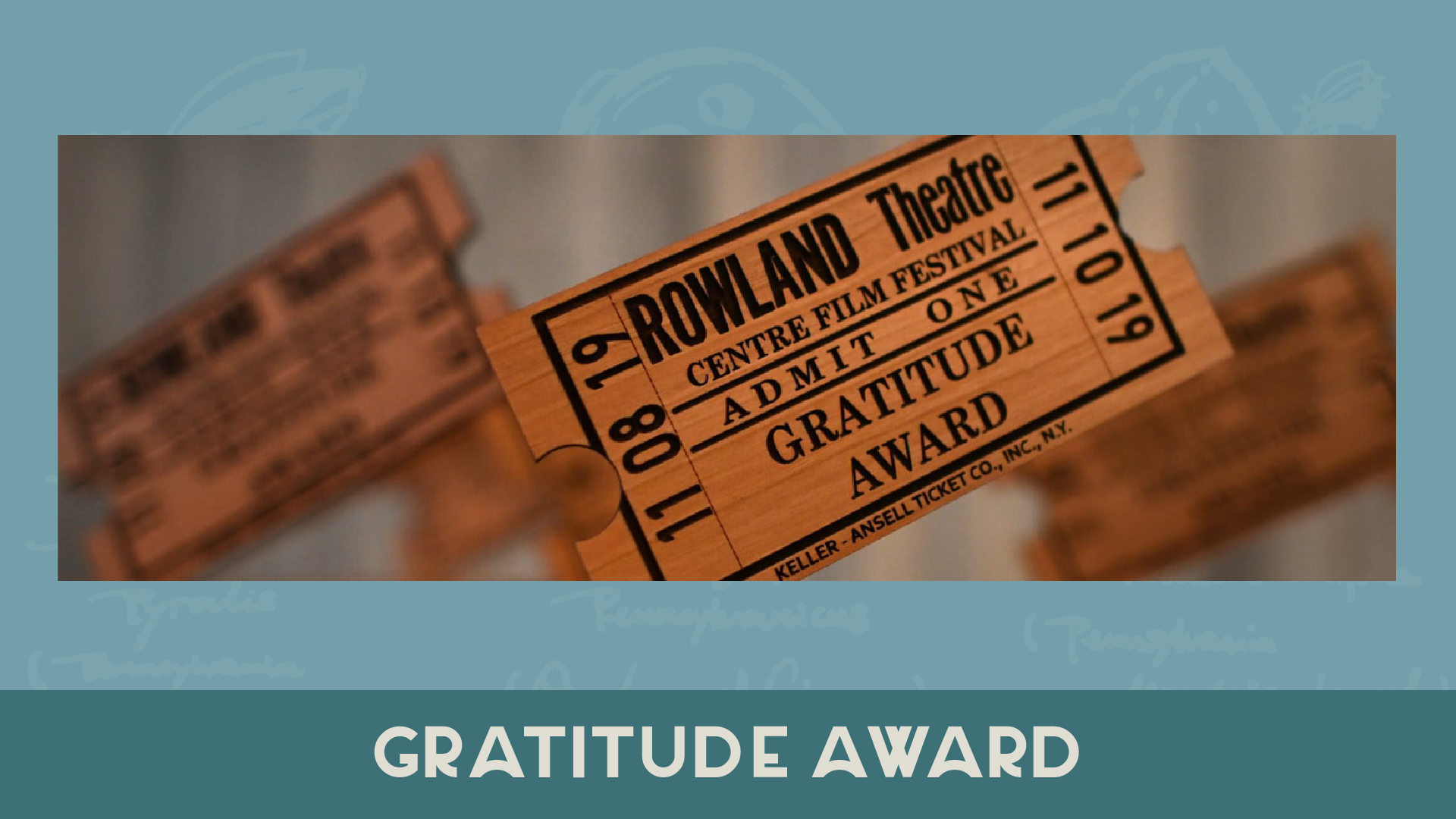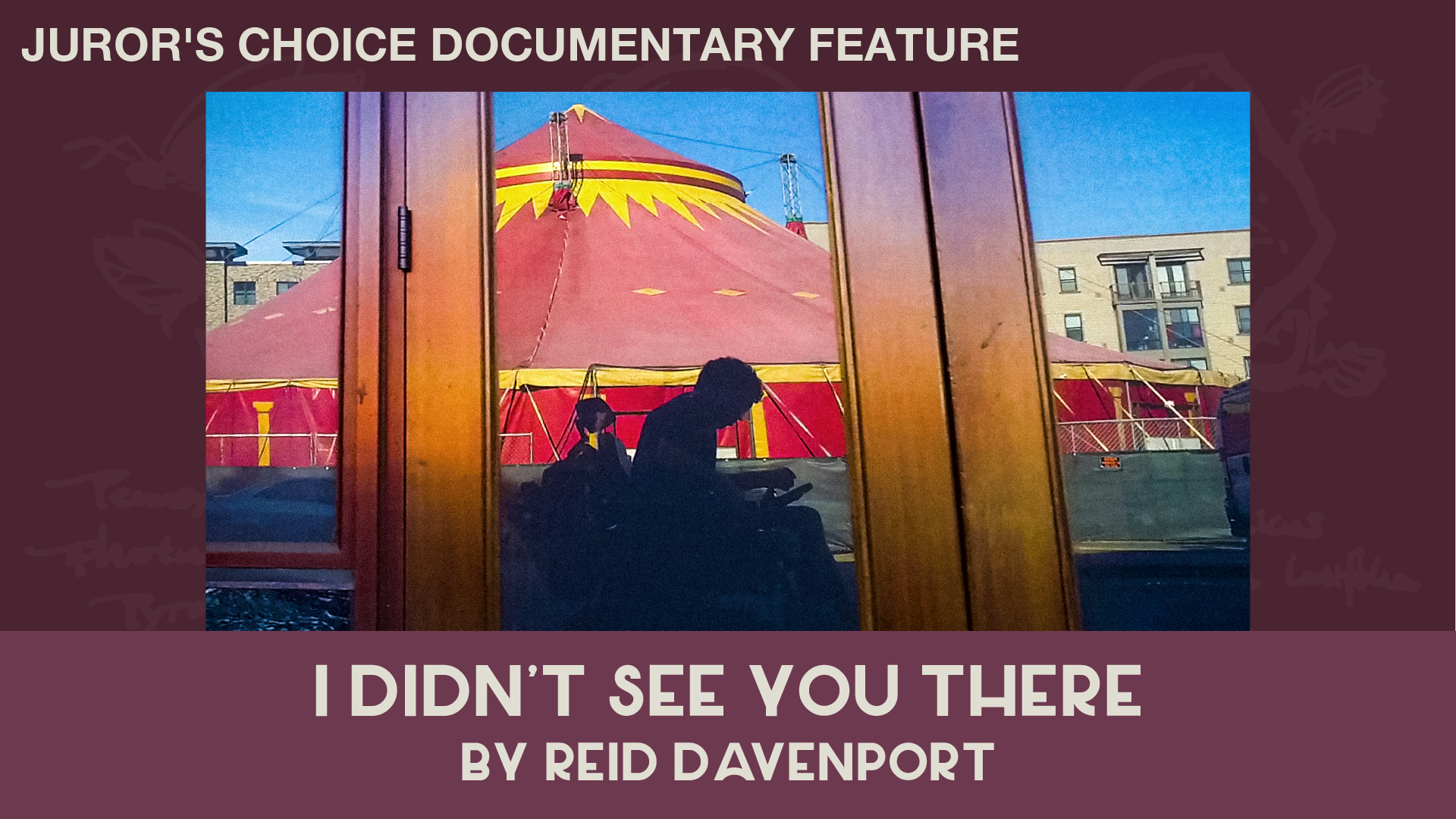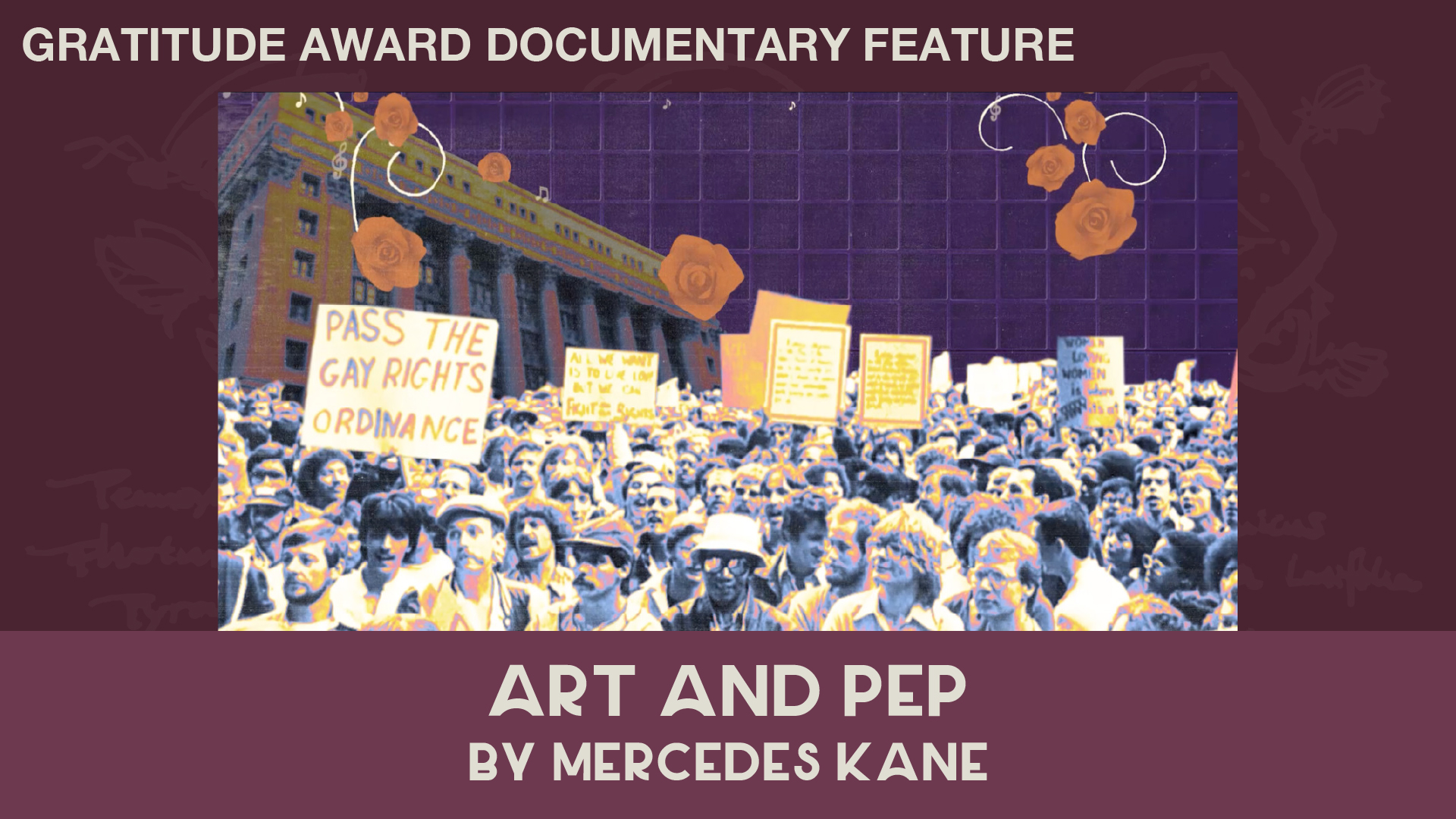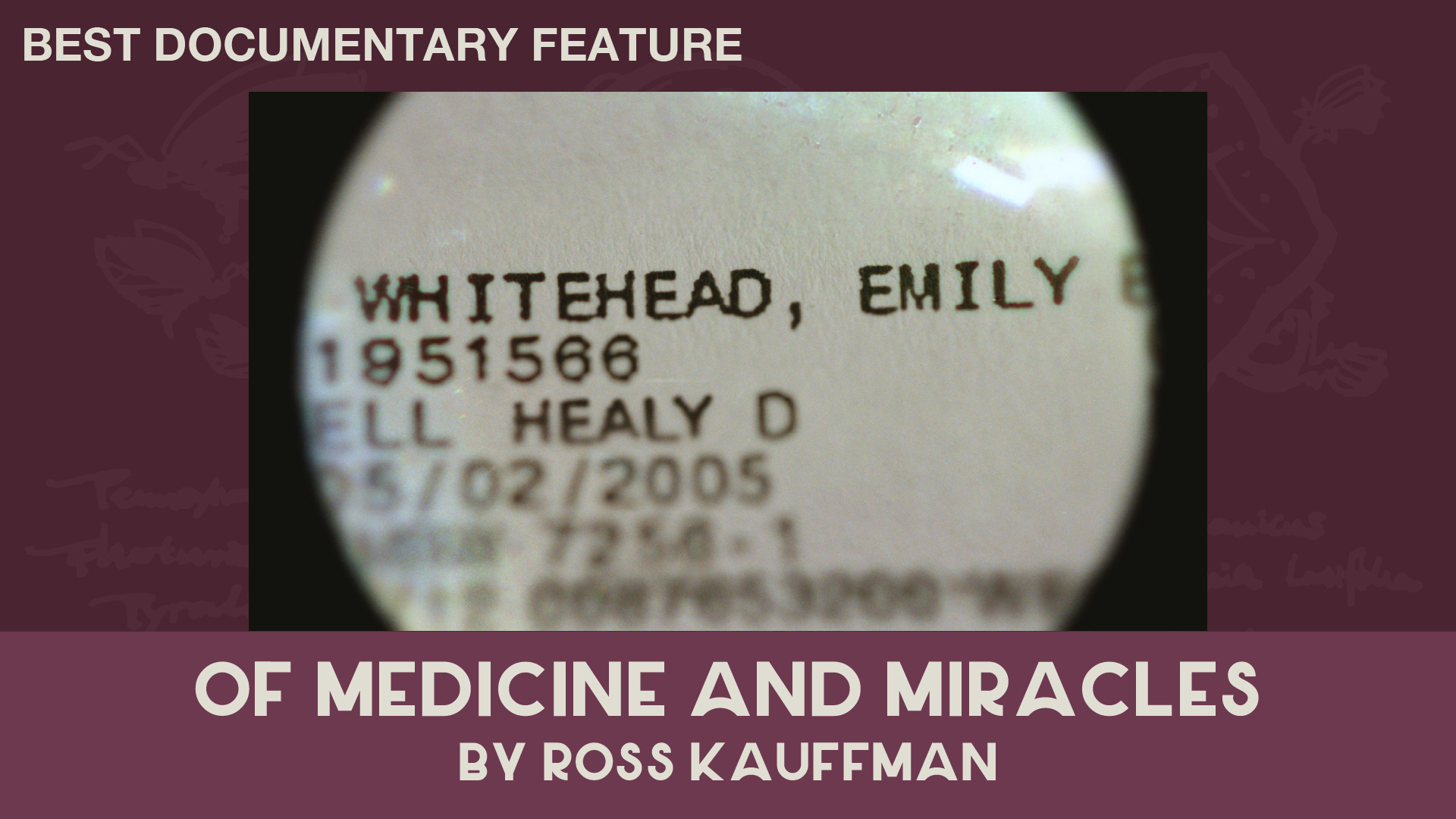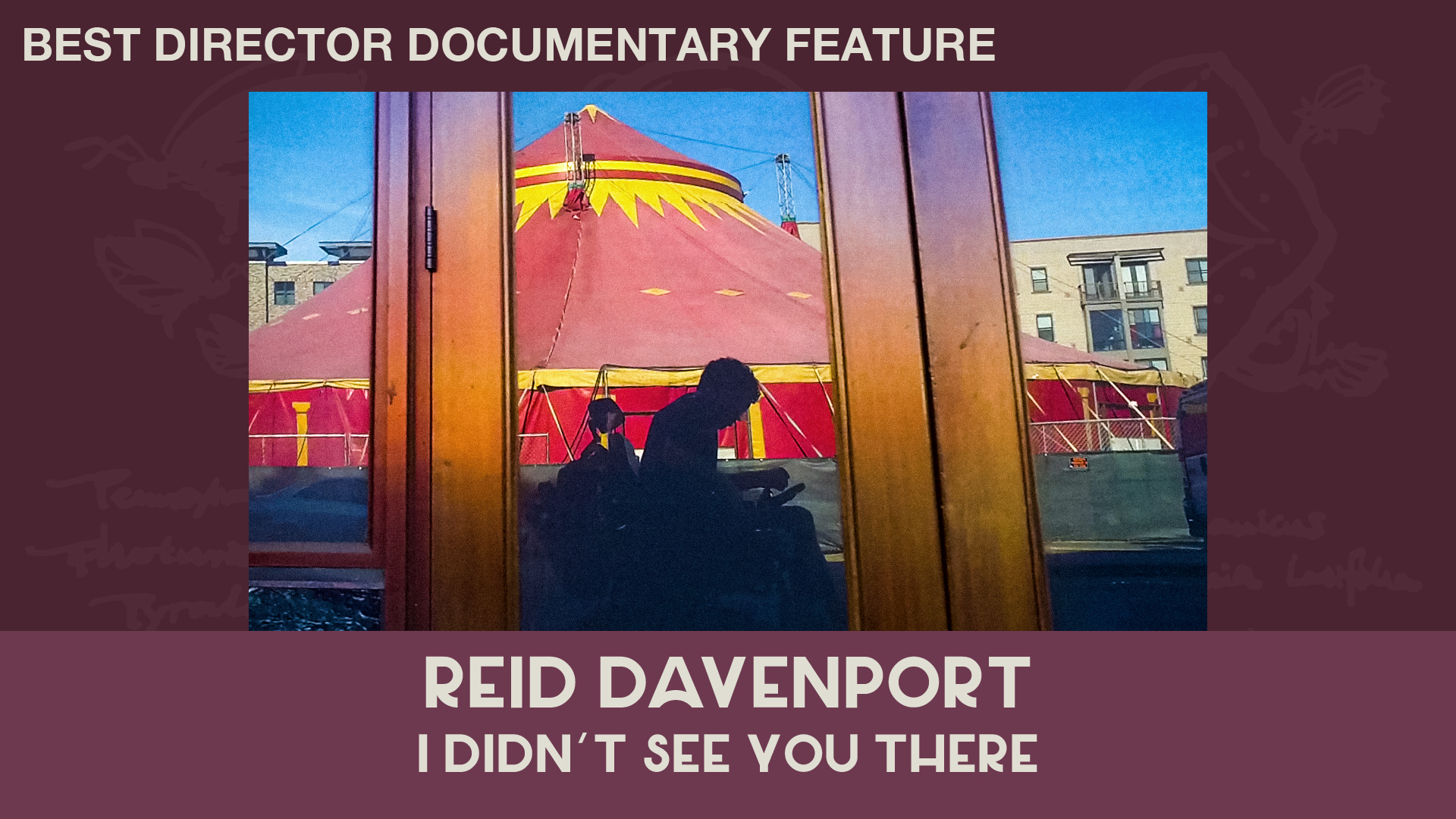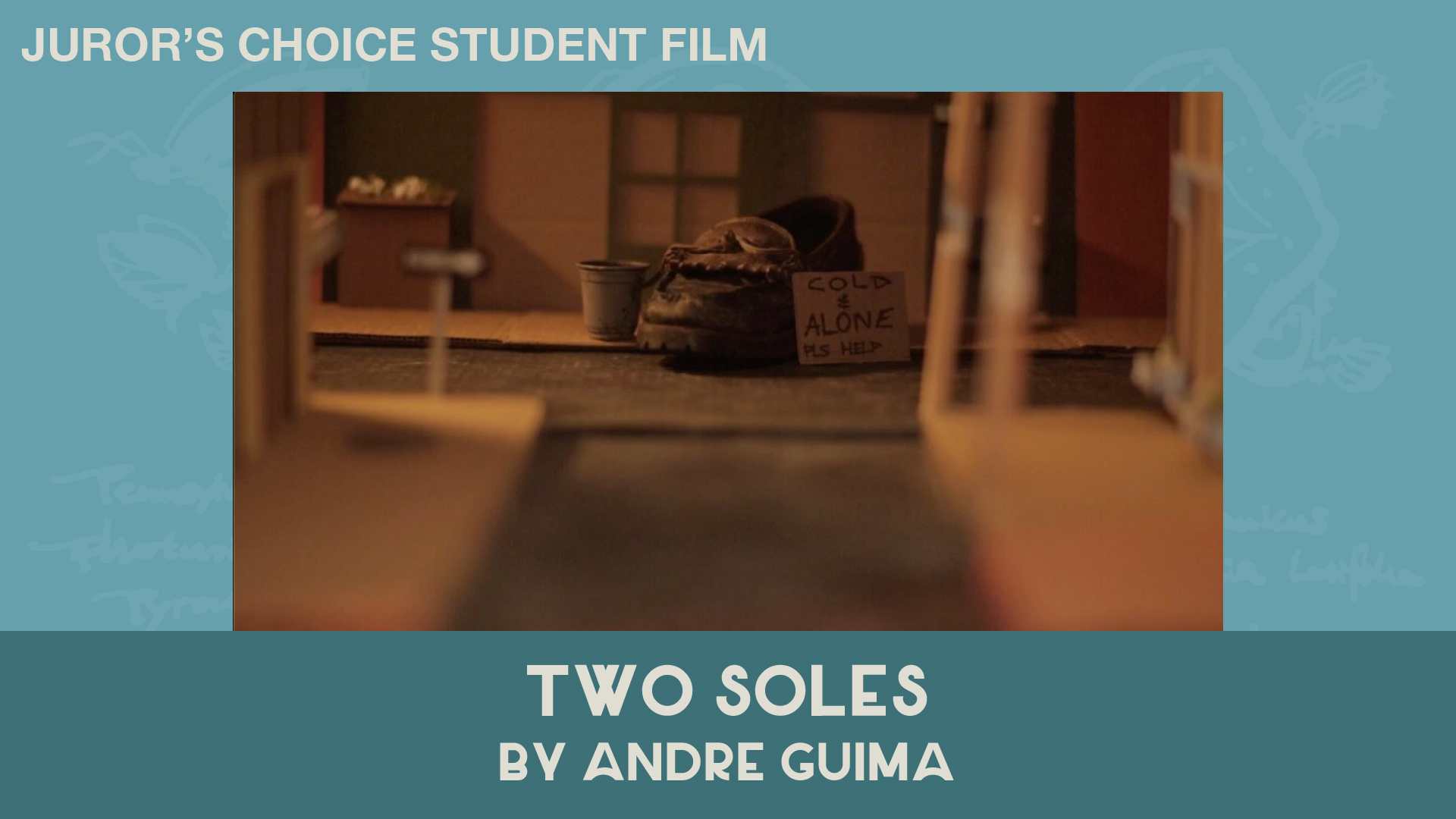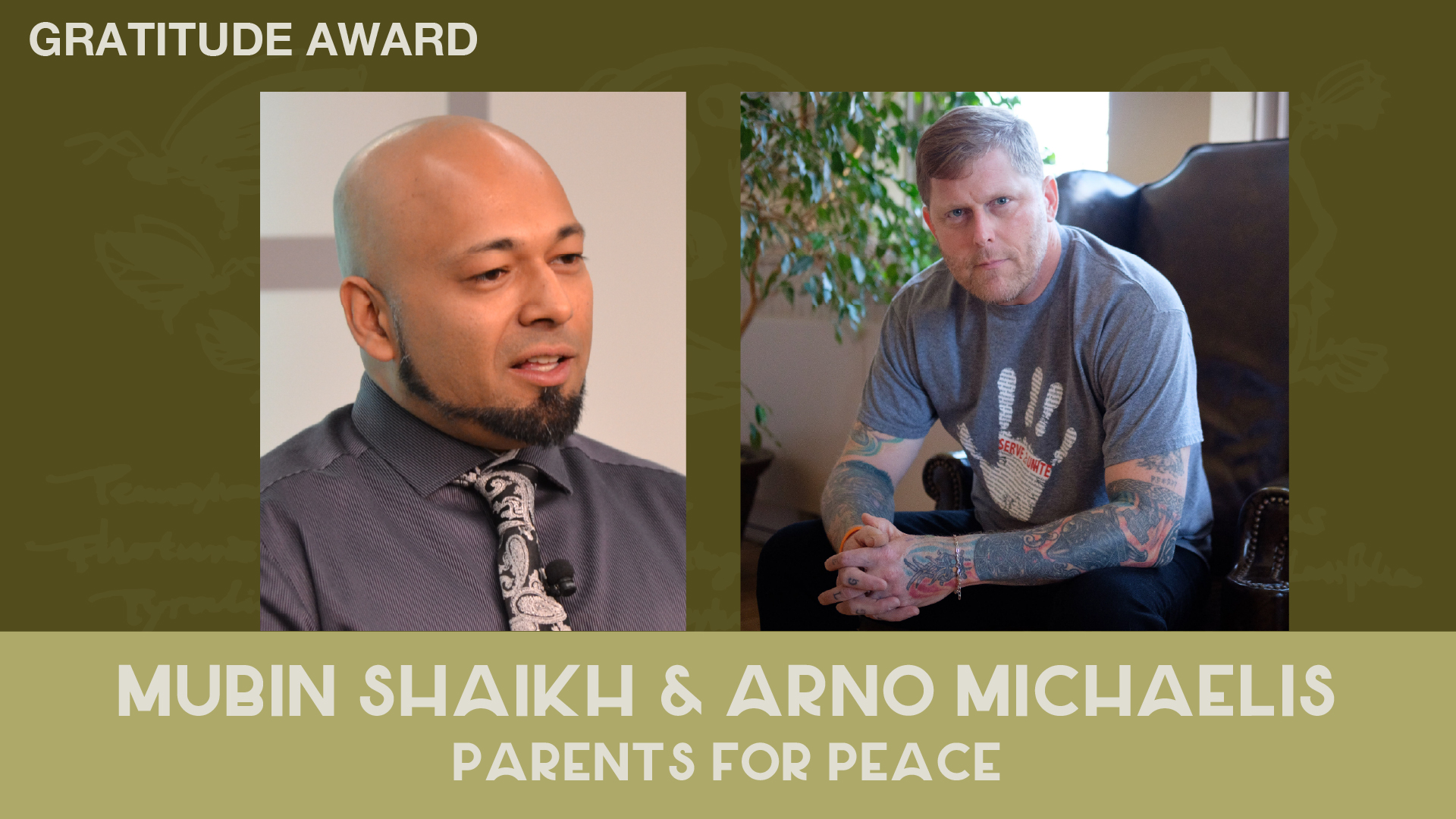In 1963, West Philadelphia native Stan enrolled at Pennsylvania State University. He was a young man with an open mind looking for direction. His advisor, Arthur Hungerford, a pioneer in his own right in educational television, suggested Stan consider journalism. As a result, a class in broadcasting led to an interest in television and film. After graduating in 1967, Stan attended Boston University to pursue a work/study program in conjunction with the public television affiliate, WGBH. He also joined an experimental theater group in Boston, and it was there that he explored the power of art as a political and social weapon.
In 1968, after the tragic assassination of Dr. Martin Luther King, Jr., the nation was in turmoil, caught up in the throes of the greatest wave of social unrest since the Civil War. In response to the heightened tensions, WGBH decided to produce a series made for, by, and about African Americans. Stan was hired and served as a director/producer on the weekly magazine-format show called, Say Brother. It covered politics, black arts, culture and music and it was the first of its kind.
Eventually that success led Stan to New York, where he worked on two landmark nationally televised shows for WNET. He served as a producer/director on Black Journal, which was a news magazine-format show that covered important social and political issues relevant to a black audience. He also directed SOUL!, produced by the legendary Ellis Haizlip, a progressive variety show that featured an array of musicians, artists and activists, including Amiri Baraka, Muhammad Ali, Maya Angelou, Stokeley Carmichael, Toni Morrison, Tito Puente, Sidney Poitier, Al Green and many more.
Stan’s public television credentials include such prestigious projects as the film adaptation of James Baldwin’s classic novel Go Tell It On The Mountain for American Playhouse and the dance special Alvin Ailey: Memories And Visions for PBS’s Great Performances series. He was also one of the first directors on Sesame Street.
Stan was one of the first black directors hired to direct a primetime network show when Redd Foxx demanded a black director for his hit series, Sanford & Sons. At that time, the hiring of an African American to direct a network program was groundbreaking. He then went on to direct many mainstream shows such as Hill Street Blues, Eight is Enough, Remington Steele, Falcon Crest, The Waltons and many others.
Stan was steadfast in his determination to develop and produce quality African American content. His co-creation of many iconic Black shows like Martin, Moesha, The Steve Harvey Show, South Central, and Amen! helped usher in a new age of diverse comedy sitcoms that were relatable to a long-underserved population.
At Harry Belefonte’s request, Stan directed the classic hip hop film Beat Street. Soon after, he partnered with hip hop mogul, Russell Simmons, to create Def Comedy Jam, an iconic series that literally changed the face of comedy and helped launch the likes of Martin Lawrence, Bernie Mac, Cedric the Entertainer, Dave Chapelle, Steve Harvey, Chris Tucker, and Adele Givens. Stan and Russell also created Def Poetry for HBO in 2002. The show featured emerging spoken word artists of color and won a 2002 Peabody award. Their joint production, Def Poetry Jam on Broadway, which was directed by Stan, won a TONY award.
Stan has also won three Emmys, two Grammys, and six NAACP Image awards through the course of his career. In 2013, The Caucus for Producers, Writers, and Directors presented him with a Lifetime Achievement Award and in 2004 he was given the Diversity Award for developing and creating employment opportunities for minorities.
Stan lives in Los Angeles with Marguerite, his wife of 37 years. He is the proud father of five productive African American adults.


